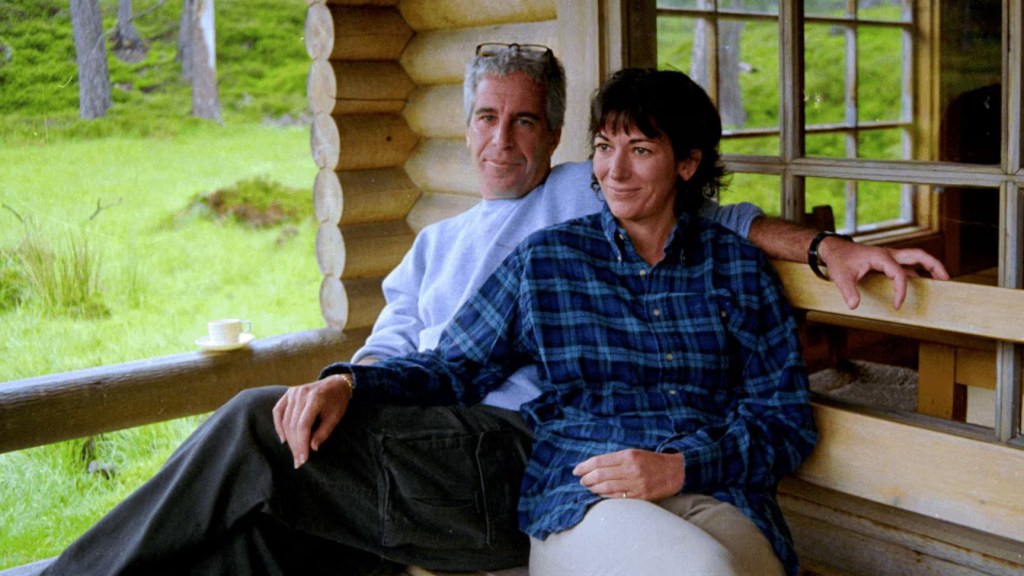If the industry had already worked out all the legal kinks, it wouldn’t be NIL.
As athlete apparel sales grow, issues concerning both group licensing and trademarking have emerged. But already, schools and companies have found a few potential workarounds.
Logo Usage
While athletes have the rights to their NIL, they don’t automatically have the rights to create products featuring school logos — or even their colors. School policies differ across the board.
Arkansas, for example, won’t let athletes use its logos or colors under any circumstances. Alabama requires athletes to apply for use of the trademark Alabama A.
To get around this, some athletes just aren’t using logos in their designs. But some athletes and their partner companies can negotiate with license holders to put logos on clothing — though they do have to pay for those rights, Pomerantz explained.
This was the case, for example, with the shirts and hoodies created with Syracuse basketball player Buddy Boeheim.
The Union Conundrum
Compensation for anything that would require the use of multiple athletes’ NILs, from jerseys to video games, falls under the dicey category of group licensing rights. That’s when players sign a collective deal to share profits from these items.
In the pros, players’ unions negotiate these deals. But there’s no official college athlete union — and the NCAA is determined to keep it that way, since it would classify athletes as employees, not amateurs.
But Michigan and UNC have already been able to circumvent this issue, at least in the short term.
Group licensing wasn’t so much an issue for Michigan because The M Den is just paying athletes for putting names on “customized” jerseys, Wangler said. Other schools he works with have already called to ask if Valiant can help them set up similar deals.
UNC created a group licensing program to offer solely to its students, which is less daunting than trying to negotiate a deal with athletes across many schools. “I see that potentially being a system that every university tries to replicate,” Wangler said.





![[Subscription Customers Only] Jul 13, 2025; East Rutherford, New Jersey, USA; Chelsea FC midfielder Cole Palmer (10) celebrates winning the final of the 2025 FIFA Club World Cup at MetLife Stadium](https://frontofficesports.com/wp-content/uploads/2026/02/USATSI_26636703-scaled-e1770932227605.jpg?quality=100&w=1024)











